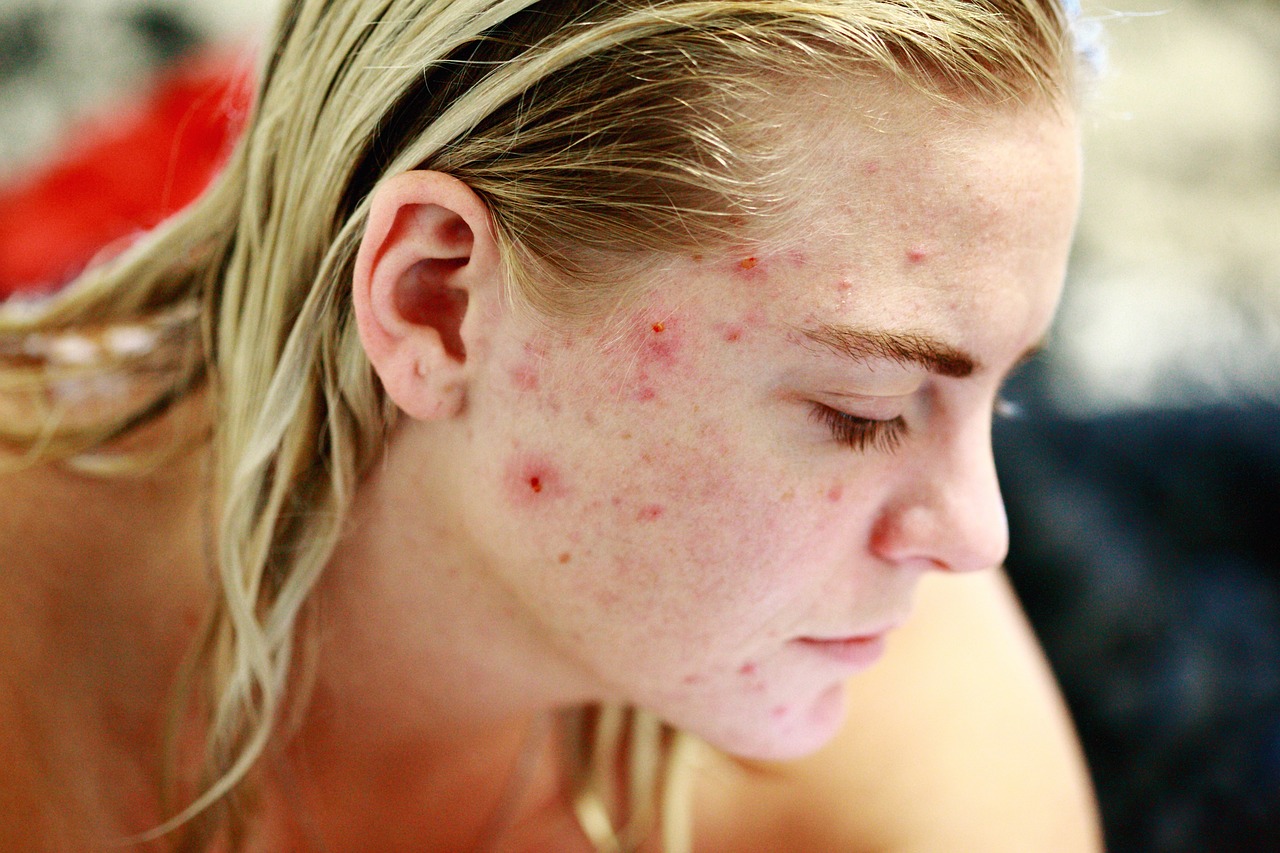By Happiness Onyegbule
Acne is a common skin condition that affects many people, especially teenagers and young adults.
Confiance News gathered that it occurs when the pores of the skin become clogged with oil, dead skin cells, and bacteria, causing inflammation and pimples. Acne can be frustrating and embarrassing, but there are some natural tips that may help you prevent and treat it.
Here are some of them;
•Wash your face twice a day with a gentle cleanser and warm water. This can help remove excess oil, dirt, and bacteria from your skin and prevent acne breakouts. Avoid scrubbing or using harsh products that can irritate your skin
•Apply aloe vera gel to your acne lesions. Aloe vera is a plant that has anti-inflammatory and antibacterial properties. It can help soothe and heal your skin, as well as reduce the appearance of acne scars
•Use tea tree oil as a spot treatment. Tea tree oil is an essential oil that has antimicrobial and anti-inflammatory effects. It can help kill the bacteria that cause acne and reduce the swelling and redness of pimples.
However, tea tree oil can also cause allergic reactions in some people, so use it with caution and dilute it with a carrier oil before applying it to your skin.
•Drink green tea or apply it topically to your skin. Green tea is rich in antioxidants and polyphenols that can help fight inflammation and oxidative stress, which are linked to acne. Green tea may also help regulate sebum production and inhibit the growth of P. acnes, the bacteria that cause acne.
•Eat a healthy diet that is low in processed foods, refined sugars, dairy products, and saturated fats. These foods may trigger or worsen acne by increasing inflammation, insulin levels, and hormonal fluctuations in your body. Instead, eat more fruits, vegetables, whole grains, lean proteins, and healthy fats that can provide your skin with essential nutrients and antioxidants.
•These are some of the natural tips for acne that you can try at home. However, keep in mind that these remedies are not proven by scientific research, and they may not work for everyone or for all types of acne.
If your acne is severe or persistent, you may need to consult a dermatologist for professional advice and treatment options.














Leave a comment